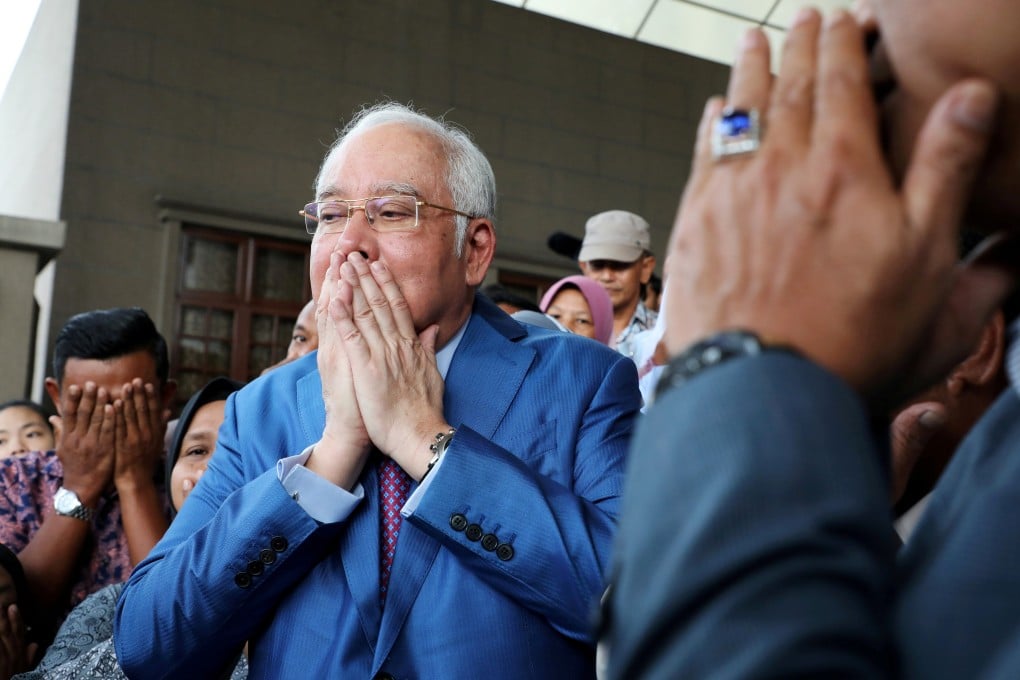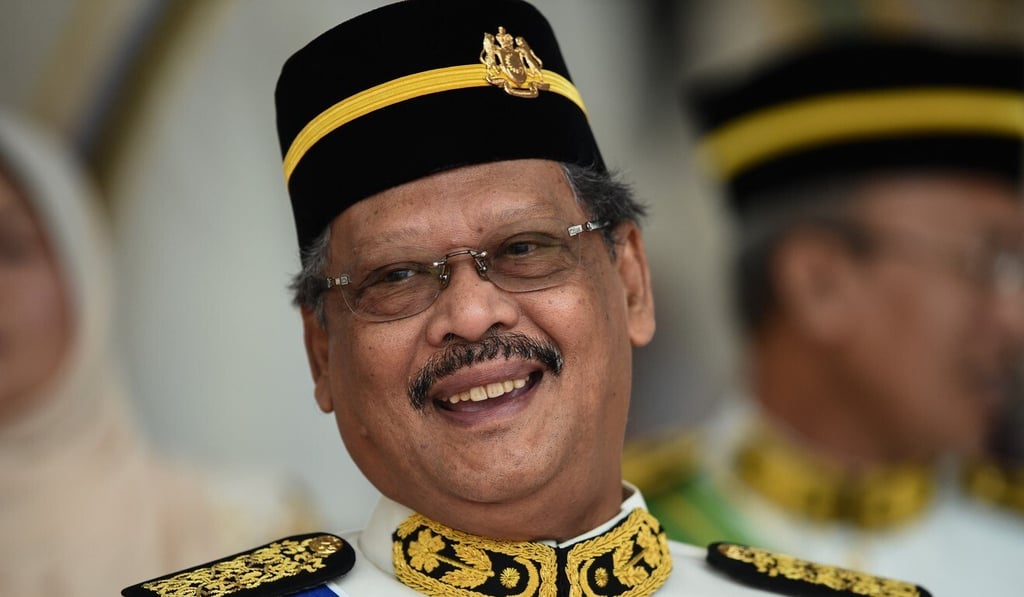Advertisement
In Malaysia, Najib Razak corruption trial prosecutor Gopal Sri Ram accused of working for Mahathir
- Lawyer Gopal Sri Ram has been the target of an affidavit from ex-attorney general Mohamed Apandi Ali, claiming he tried to get Najib arrested in 2018
- The ‘serious’ allegations, which date back to four months before the election that brought Mahathir back to power, has observers divided over its veracity
Reading Time:4 minutes
Why you can trust SCMP

A former senior judge now prosecuting Malaysia’s disgraced leader Najib Razak for corruption is under scrutiny after an ex-attorney general’s explosive claims that he was acting under the instructions of elder statesman Mahathir Mohamad.
Lawyer Gopal Sri Ram, who has led the prosecution in three of the five cases in Najib’s 1Malaysia Development Berhad corruption trial, was recently the target of an affidavit from ex-attorney general Mohamed Apandi Ali, which claimed Sri Ram had tried to convince him to arrest Najib in 2018.
Apandi first made the claims in a Facebook post on Wednesday, stating that Sri Ram said he had been “sent” by Mahathir, who was Najib’s successor as prime minister.
Advertisement
“He wants you to arrest Najib at his office, you go tomorrow at 2pm, we have arranged for the police in Putrajaya to do what is necessary on your instructions. Brother, you will be a hero in the eyes of the people, and you will be the first attorney general to arrest a sitting prime minister,” Apandi quoted Sri Ram as saying.

Advertisement
The incident, claimed Apandi, happened just four months before the historic May 2018 general elections that saw Mahathir’s Pakatan Harapan coalition dethrone Najib’s United Malays National Organisation (Umno) and its allies for the first time in six decades.
Advertisement
Select Voice
Select Speed
1.00x